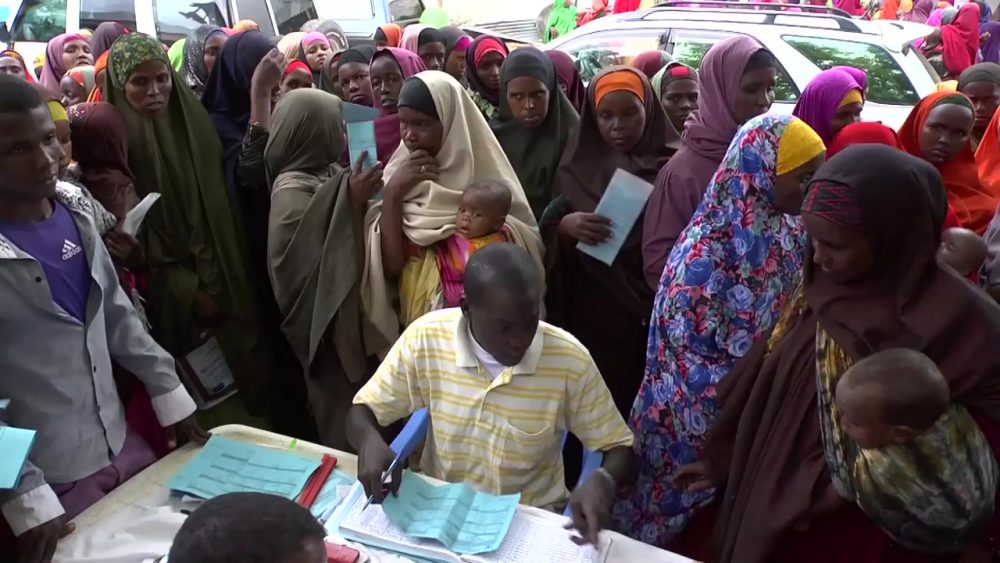Neglected tropical and vector-borne
Neglected ('forgotten') diseases are a set of infectious diseases, many of them parasitic, that primarily affect the most vulnerable populations.
These populations include the poorest of the poor, the most marginalized, and those with the least access to health services, especially impoverished people living in remote rural areas and urban shantytowns. Dealing with these poverty-related diseases requires a more integrated and multi-disease approach that includes multisectoral action, piggy-backed initiatives, and cost-effective interventions to reduce the negative impacts that these diseases have on the health, social, and economic well-being of all people in Africa.
Neglected tropical diseases (NTDs)– a diverse group of communicable diseases that prevail in tropical and subtropical conditions in 149 countries – affect more than one billion people and cost developing economies billions of dollars every year. Populations living in poverty, without adequate sanitation and in close contact with infectious vectors and domestic animals and livestock are those worst affected.
Effective control can be achieved when selected public health approaches are combined and delivered locally. Interventions are guided by the local epidemiology and the availability of appropriate measures to detect, prevent and control diseases.


